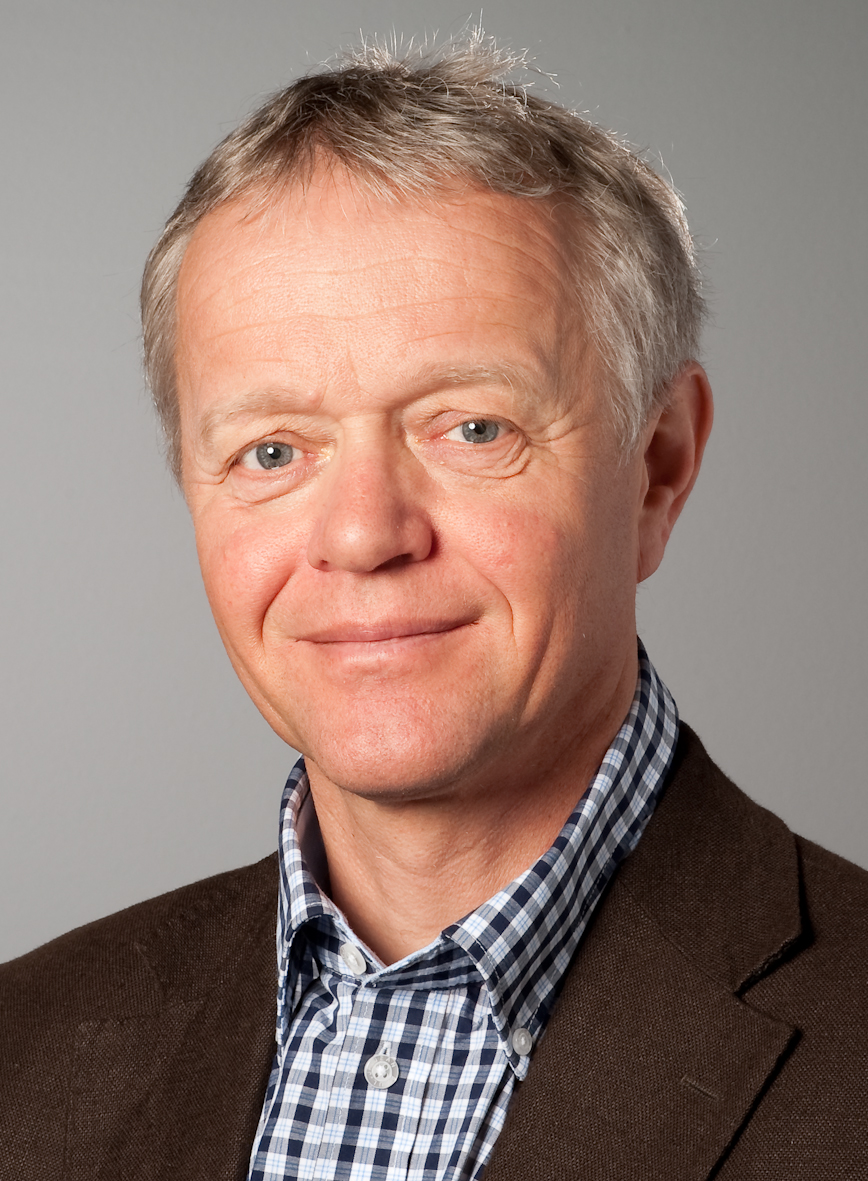Experimental Orthopaedic Research

Research area
Muskuloskeletal injuries are main causes of disability in the community and are often subjected in both younger and older age groups. It induces large socioeconomics costs and improved health care in this area is important for both the individual's quality of life and how the society handles increasing health expenditures.
The Experimental Orthopaedic Research group applies experimental methods on different aspects of orthopaedics. This includes research on human substances (biopsies, joint fluid, and retrievals), animal experiments and cell culture studies. Mechanical testing of structures, including live anaesthetized animals, and materials has been one of the main research methods. The experimental work in the laboratory is closely connected to ongoing or planned clinical studies, aiming to improve orthopaedic care of these patients in the community. Involvment of the clinicians is one of the strengths og the group.
Aims
- Develop a novel treatment of focal cartilage defects
- Reduce the numbers of deficient fracture healing
- Improve healing of tendon grafts in orthopaedic surgery
- Delineate the best biomaterial surface for prothesis surgery
- Reveal biomechanical factors in internal fixation of hip fractures